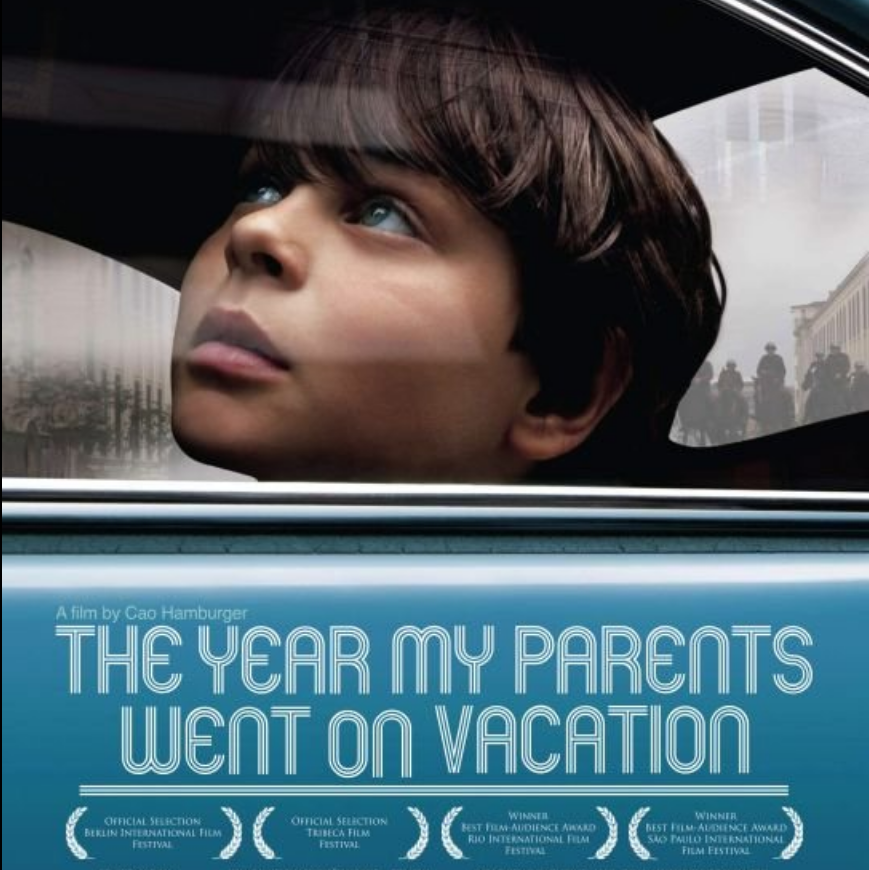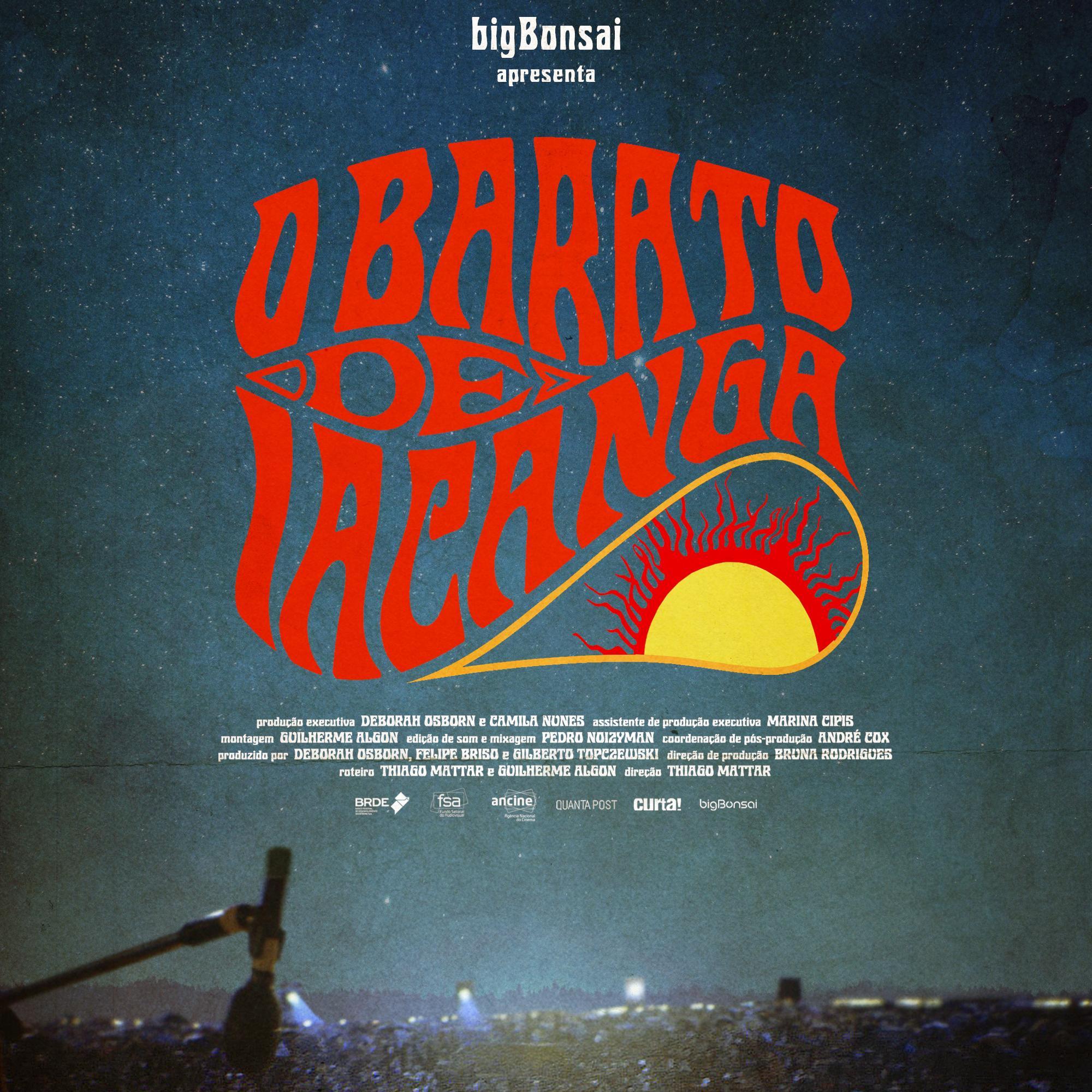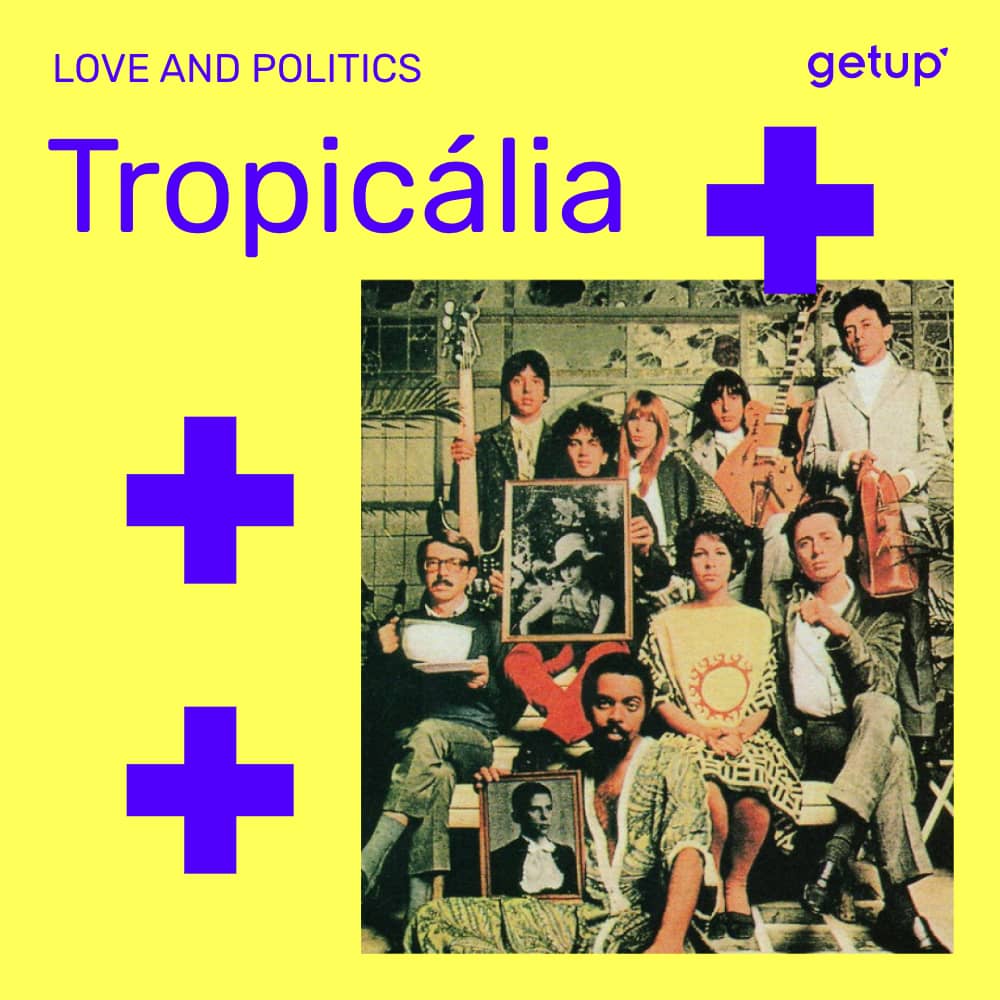Brazil is not for beginners. It’s a country filled with a complex and often tragic political history. That said, the country's dark times, both past and present, have given rise to a multitude of inspiring resistance songs that remain relevant to this day.
From 1964 to 1985, the military dictatorship tried to silence anyone who had the audacity to speak against the regime or lead an “unconventional” life. During this period, a bunch of popular artists used their platform to criticize the conservative and repressive state, sometimes at the cost of exile. Caetano Veloso, Chico Buarque, Gilberto Gill, Elis Regina are towering figures from this period of resistance music. Songs like Buarque’s "Apesar de Você" is an open condemnation of the old regime and remains a symbol of resistance against the oppression of today.
“In spite of you
Tomorrow will be
Another day
I ask you
Where you will hide
From our happiness”
Happiness, music, celebration and love as a form of resistance against conservatism and fachism is a leitmotiv in brazilian music, especially during the Tropicália movement in the late 60’s, that drew as much from the hippie “flower power” and electric guitar-infused psychedelism as from afro-brazilian traditional music. While carrying a message of hope for a brighter future, the dawn after “the brazilian night” - a metaphor used by Elis Regina to refer to the dictatorship - the seemingly positive and elusive lyrics were also a way to avoid censorship. As a reference, musician Gonzaguinha, who wrote hymns such as "O que é o que é ?" and "Comportamento Geral" had more than 50 songs censored throughout this period.
35 years after the end of the military dictatorship, it seems like history repeats itself, and Brazil is one again spiralling downwards. Meanwhile, a new generation of artists, nurtured by several decades of resistance songs that have since become part of the so-called MPB - Musica Popular Brasileira - has risen.
Through this new generation of artists coming from the peripheries of marginalized spaces and communities, new causes are finding a voice. Black, LGBTQI+ musicians are now leading this artistic resistance, driving the struggle a step further. Artists such as Liniker, Linn da Quebrada, Jup do Bairro put the claims of non-binary and transgender people under the spotlight, in a country with the highest number of murdered trans people in the world. Brazil’s deep resonance with post “me too” feminism is also prominent in Ava Rocha, Ekena and Karol Conka’s music and lyrics. Furthermore, contrary to the leading musical figures during the dictatorship, who were mostly white and high or middle class, a lot of these new musical resistants come from the predominantly black and low-income suburbs of the metropoles. This represents a change in power dynamics, that will hopefully bring about similar transformations in the coming years.
“In the dark times
Will there also be singing?
Yes, there will also be singing
About the dark times” — Bertolt Brecht







.jpg)
.jpg)